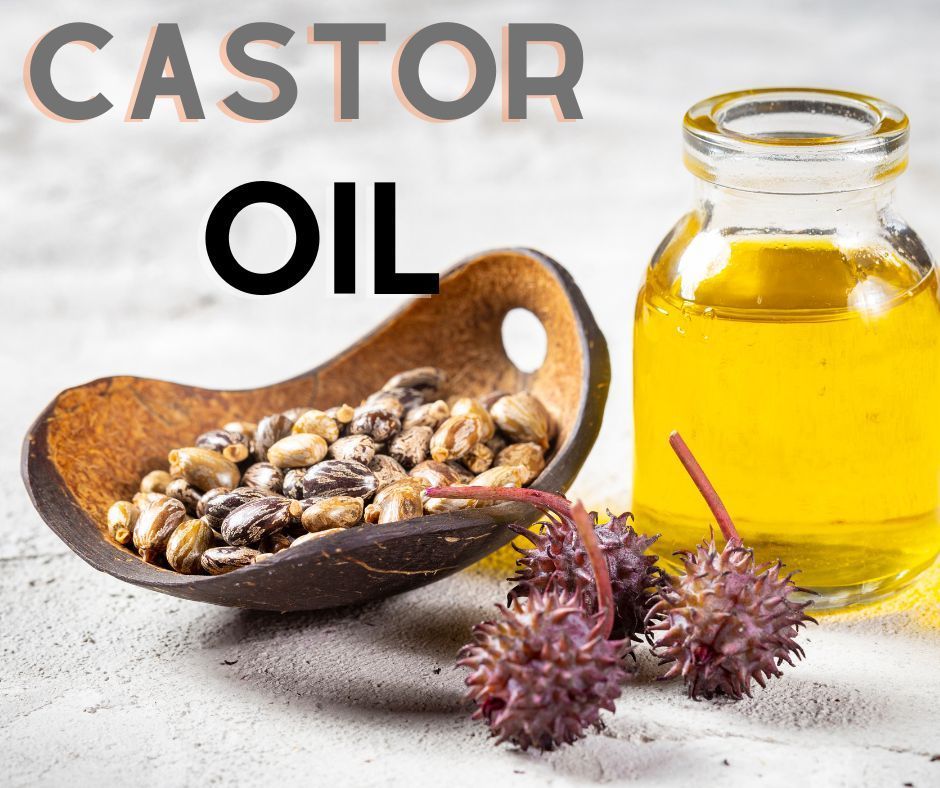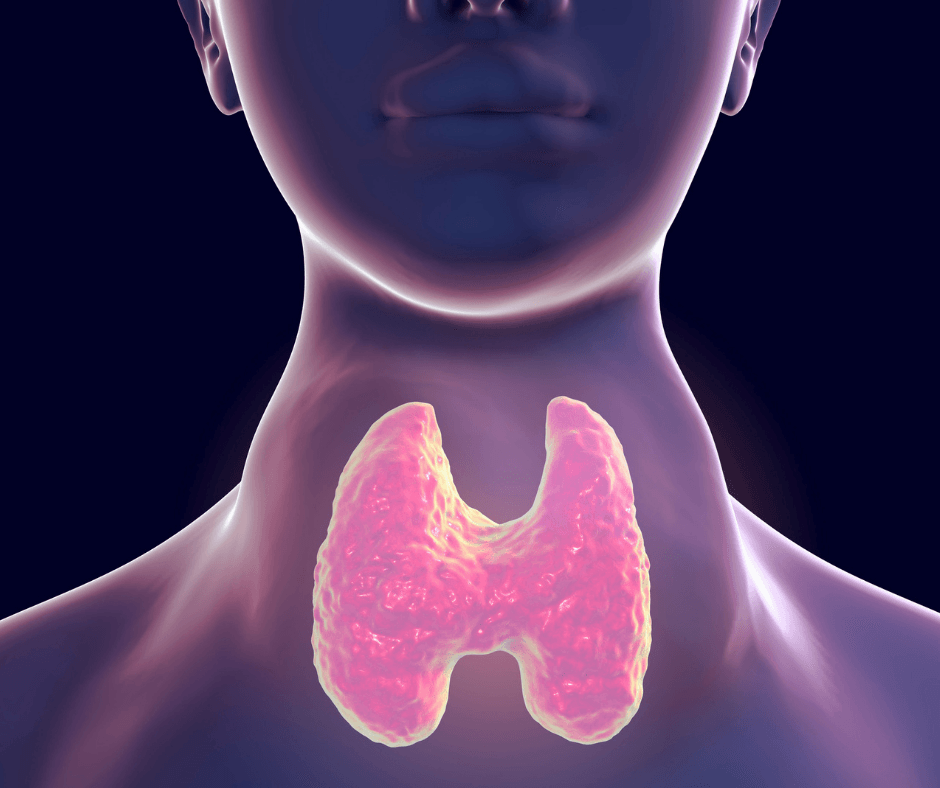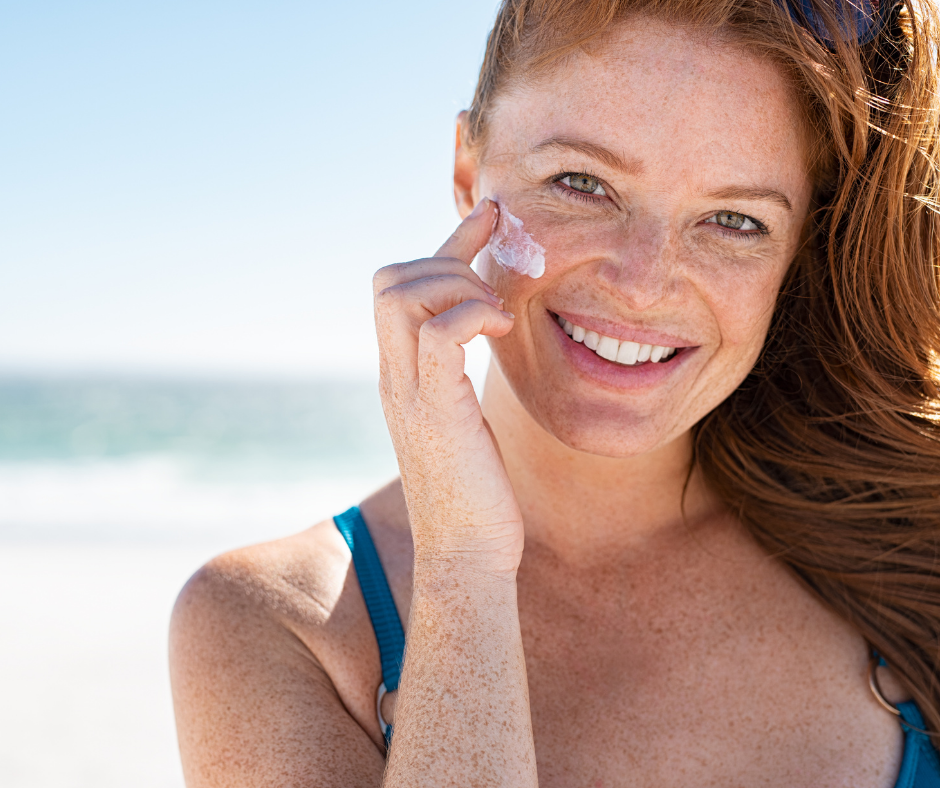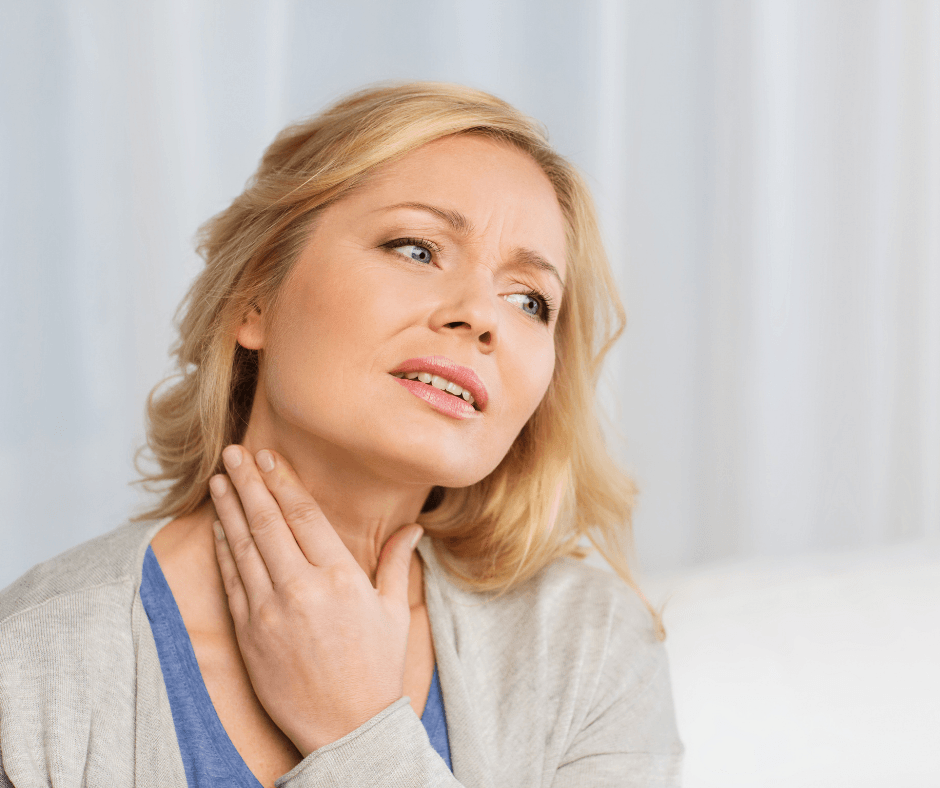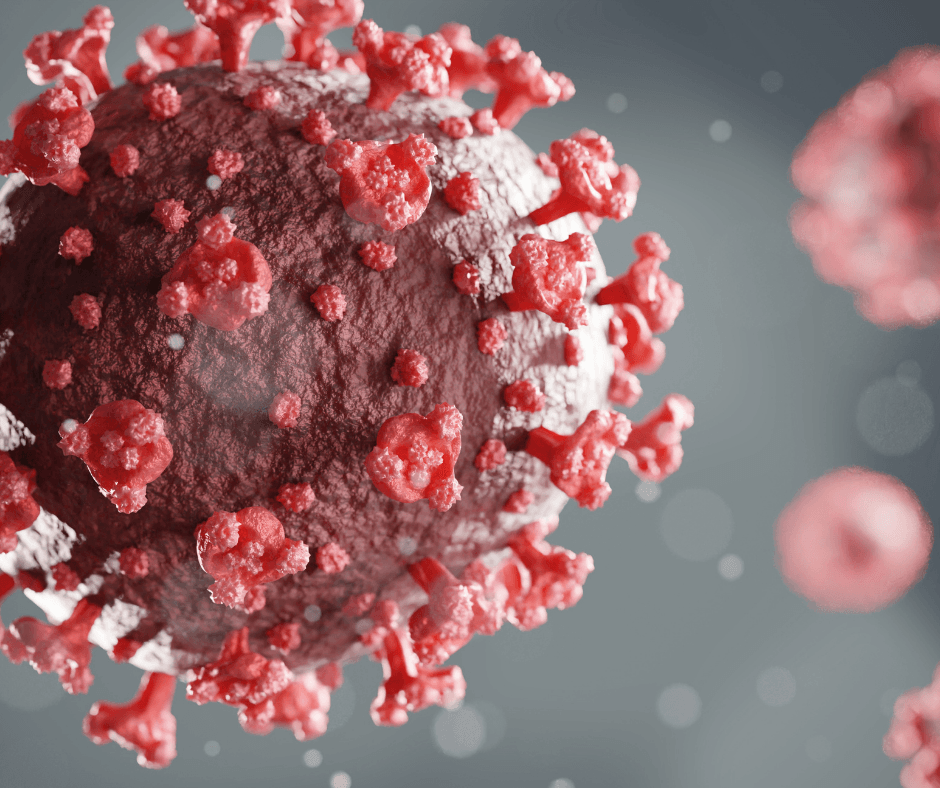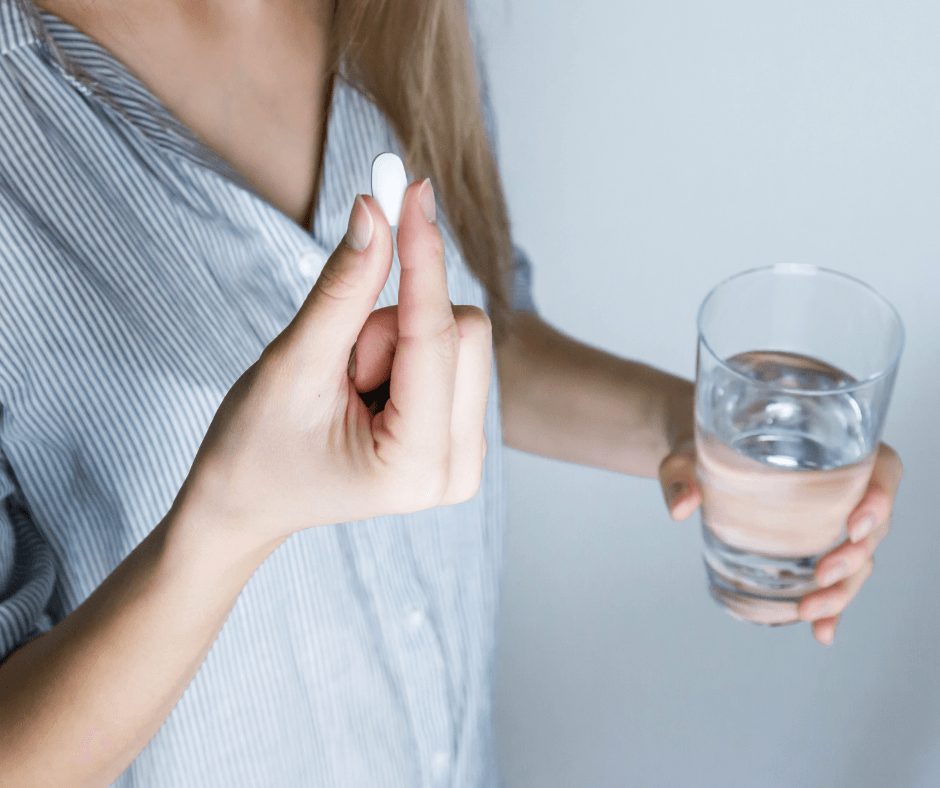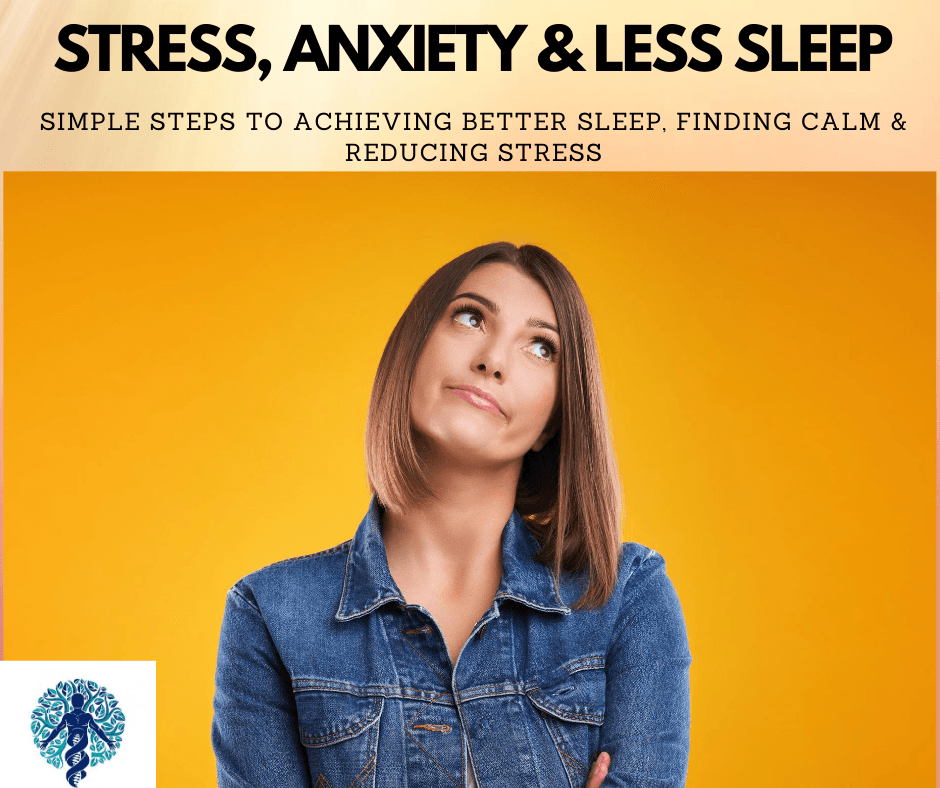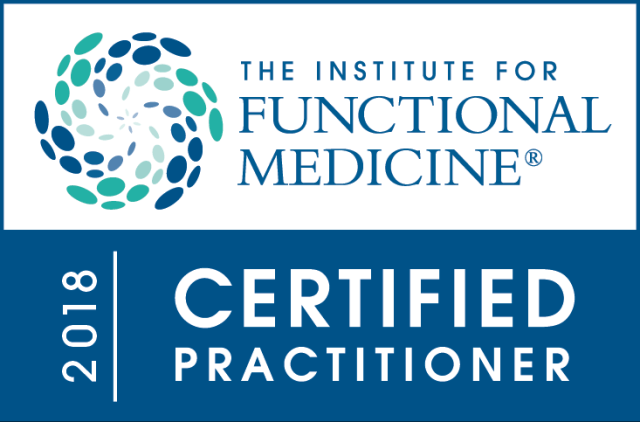National Women's Health Month
- By Dr. Shannon Evans, DO, IFMCP
- •
- 30 May, 2019
- •
Learn about Additional Steps to Optimal Wellness
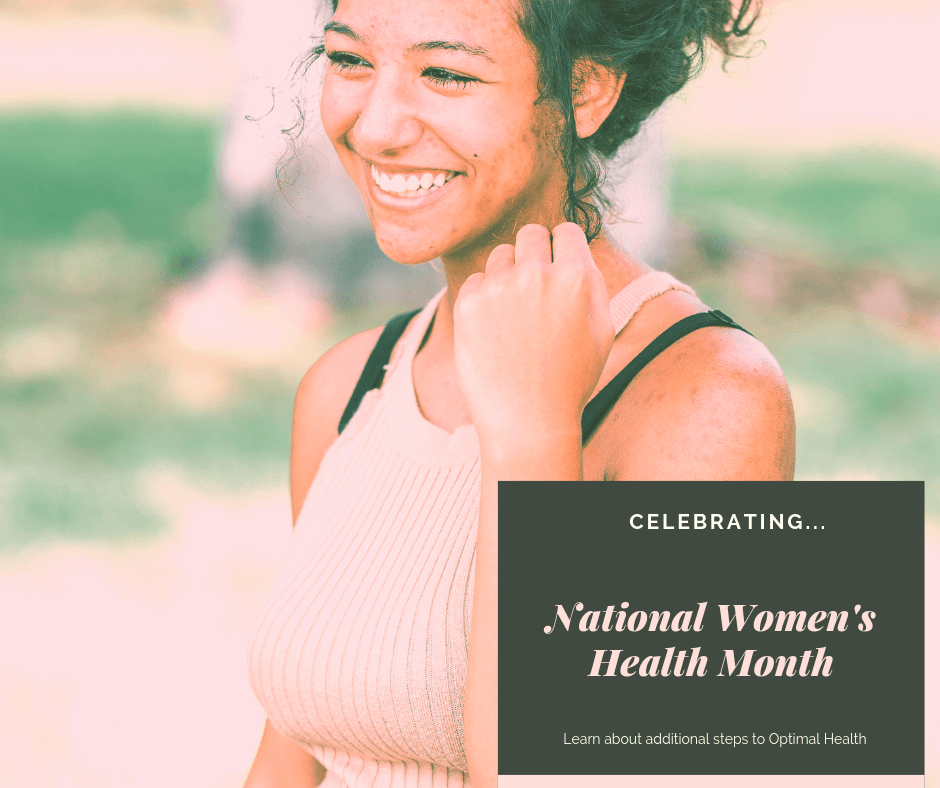
May is National Women’s Health Month. In celebration, let’s talk about some steps you can take to optimize your health. Women know about the importance of self-care, sleep, staying hydrated, performing regular movement & eating healthy. Let’s dig deeper and discuss why it is important to know what is in your beauty products, hygiene products and sunscreen.
Beauty Products…
What you put on your skin matters! The skin is your largest organ and what is applied to your skin gets absorbed into the rest of your body. It is important to read the ingredients list of your facial products including soaps, moisturizer, anti-aging creams/serums, make up, and nail polish. In general, if the ingredient listed is a big long word that is hard to pronounce it is likely not safe to be applied to your skin. If you are unsure about a product, you can go to www.EWG.org
and look it up. A good rule of thumb—Put on your skin what you are willing to eat!
Hygiene Products…
Shampoo, conditioner, body soap and toothpaste can also have chemicals and harmful ingredients.
Did you know that you also have to be careful what dental floss you are using? Certain dental flosses contain PFASs (per- and polyfluoroalkyl), which are chemicals used in lots of consumer products that are linked to kidney & testicular cancer, behavior changes, thyroid disease, ulcerative colitis, decreased semen quality in men, lowered sex & growth hormone in kids. You can also see how your dental floss rates on www.EWG.org.
Menstruating women…What type of tampons and/or pads are you using? Are you using organic products? Tampons and pads contain cotton and if you are not buying organic products, you are likely getting products that contain glyphosate. Especially, if you are using tampons, it is important to buy organic, due to vaginal absorption. This is why certain drugs are placed vaginally due to the effectiveness of absorption vaginally.
Skin Protection from the Sun…
First of all, the sun is a great way of getting your vitamin D! Based on the UV index and your skin type is what is recommended for how much sun you need daily without any sunscreen and/or other protection: https://www.ncbi.nlm.nih.gov/books/NBK321117/.
If you are going to be out in the sun for an extended period of time or beyond what is recommended for the UV index and your skin type: Sunscreen is important to think about. Have you looked to see what ingredients are in the sunscreen you are using? As an example of one of the chemicals used in sunscreen is oxybenzone. Oxybenzone can be irritating to the skin, cause serious eye irritation or respiratory irritation. Oxybenzone also is toxic to aquatic life, which is why a lot of places by the ocean have banned using products with oxybenzone. If it is toxic to aquatic life, think about what other possible ways it could be harming us! If you need some sunscreen check out www.EWG.org
to see what are some safe sunscreens to use for you and your family.
You can also protect yourself by seeking shade from 10 AM to 2 PM, wear a sun hat, hang out under an umbrella, and wear UV protective clothing.
Wishing all Women Optimal Wellness! If you are having trouble achieving optimal wellness, take our FREE Health Assessment
at www.NewBeginningsFMC.com
and then schedule a FREE 15 minute consult
with Dr. Shannon Evans, DO, IFMCP
at 970-305-0101.
References:
https://www.aad.org/public/kids/skin
https://www.nature.com/articles/s41370-018-0109-y
https://www.ncbi.nlm.nih.gov/pmc/articles/PMC5484035/
https://www.ncbi.nlm.nih.gov/pubmed/15236978
https://www.ewg.org/sunscreen/report/the-trouble-with-sunscreen-chemicals/
https://pubchem.ncbi.nlm.nih.gov/compound/Oxybenzone#section=Antidote-and-Emergency-Treatment

